Dictatorship-era army officers and supporters rally in #Argentina in latest sign of political shift.
Saturday’s demonstration was seen as a provocation in the country of Nunca Más, the slogan that represents Argentina’s commitment to “never again” return to authoritarianism.
Further raising tensions, the officers gathered in Plaza de Mayo, the historic site of protests by women searching for children who had been abducted, detained and “disappeared” by the junta. Circling the plaza in silent protest every Thursday for decades, the women became known as the Grandmothers of Plaza de Mayo.
To the army officers’ critics, including dozens of counter-protesters who also flocked to Plaza de Mayo in downtown Buenos Aires on Saturday, the brazen rally marked a worrying sign that cracks were starting to appear in Argentina’s national consensus about the bloody legacy of the dictatorship.
President Milei vows to end the army’s ‘demonization’
In a dramatic shift from past administrations, right-wing President Javier Milei has frequently justified the dictatorship’s state terrorism as a messy war against leftist guerrillas.
His vice president, Victoria Villarruel, is the daughter of an Argentine lieutenant colonel and an ultraconservative lawyer who spent years advocating for armed forces and Argentines killed by left-wing guerillas — those she calls the “other victims” of terrorism.
The government’s push for a reconsideration of crimes by the dictatorship has enraged human rights groups, which see it as an effort to legitimize the military’s systematic extrajudicial killings of civilians. The junta is estimated to have killed or disappeared as many as 30,000 Argentines.
Milei made another contentious move last week when he appointed Army chief of staff Lt. Gen. Carlos Alberto Presti to be Argentina’s new minister of defense.
His office said this makes Presti the first military official since Argentina’s 1983 return to democracy to hold a ministerial title, “inaugurating a tradition that we hope the political leadership will continue” and ”putting an end to the demonization of our officers.”
Supporters of the military send a message
That Argentine society robs the military of respect it deserves was a common complaint among the protesters who gathered Saturday to sing the national anthem and raise banners demanding freedom for imprisoned colleagues.
“We demand the moral vindication of all the veterans,” said Maria Asuncion Benedit, the rally organizer whose late husband, an army captain, helped lead a brutal 1975 campaign against guerillas in the northern province of Tucuman.
“The Argentine people follow the official narrative. Whose narrative is it? The enemy’s, the terrorists’, those who fought against our soldiers,” she said, referring to how the left-wing Peronist governments of the early 2000s made recovering memories of the dictatorship and seeking justice for perpetrators hallmarks of their administrations.
“It’s a militant, activist judiciary,” Benedit said.
She and others brandished black bandanas — a loaded answer to the white kerchiefs embroidered with missing children’s names traditionally worn by the Grandmothers of Plaza de Mayo.
Unlike other Latin American countries that offered amnesty to those who committed military crimes after restoring democracy, Argentina has tried and sentenced more than a thousand army officials and officers for their participation in state terror, many to life in prison. Hundreds are still awaiting trial.
Pedro Nieto, a dictatorship-era veteran who traveled 36 hours from the northern province of Salta to attend Saturday’s rally, said he felt he was sending a potent message by calling for the release of his imprisoned colleagues at the symbolic Plaza de Mayo.
“We are proud to have fought and eliminated the terrorists,” he said.
A counter-protest signals wider outrage
Alejandro Perez, whose uncle was abducted and disappeared by the dictatorship, said it terrified him to see veterans like Nieto who participated in the deadly state repression “here in front of the government house, protected by police, protected by fences, being able to hold an event to demand the release of the few imprisoned genocidal criminals.”
Police cordoned off the ex-military officers’ demonstration, keeping them at a safe distance from angry counter-protesters who shouted insults and held signs bearing slogans like “Never Again” and “the 30,000 are present.”
“You feel it in your bones,” Perez said, drenched in rain as he marched among human rights advocates and left-wing organizations.
The dueling demonstrations come a day after the United Nations Committee Against Torture delivered a report in Geneva that raised alarm about the Milei government’s dismantling of programs that had investigated the military’s actions during the dictatorship as well as “its budget cuts to several institutions working on issues of memory, truth and justice.”
It also criticized the government’s lack of transparency about paying reparations to victims of the dictatorship.
A radical libertarian elected in late 2023, Milei has made it his mission to achieve a fiscal surplus by slashing state spending in a country notorious for its huge deficits. But even as he cuts spending on health and education, he has committed to boosting the military’s budget.
Addressing the U.N. torture committee annual meeting earlier this month, Alberto Baños, Milei’s top human rights official, disputed the report’s findings and insisted that his government was committed to “complete, unbiased and unobtrusive historical memory.”
“Whether you like it or not, the defense of human rights became a business, and we will not tolerate that,” he said.
Cristian Kovadloff And Isabel Debre, The Associated Press
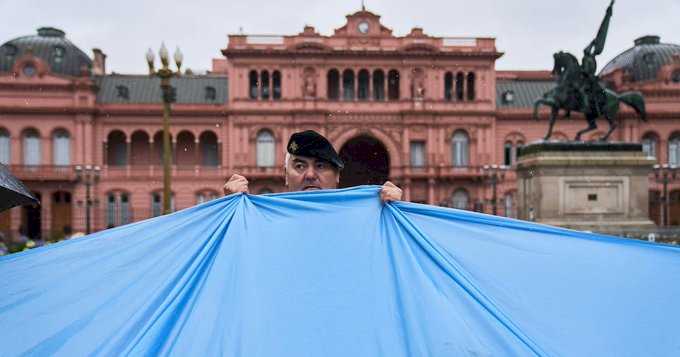
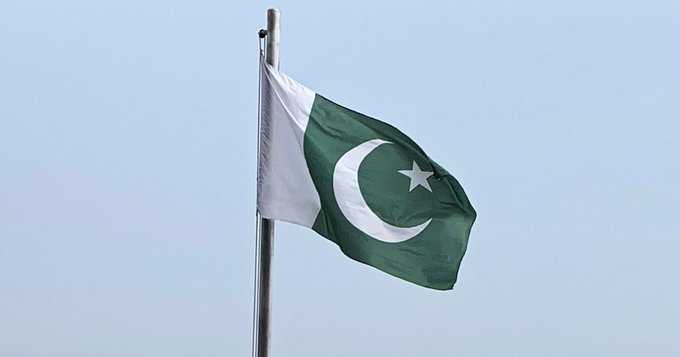

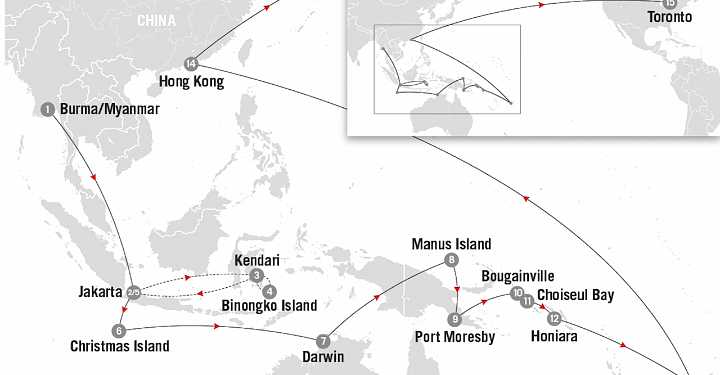


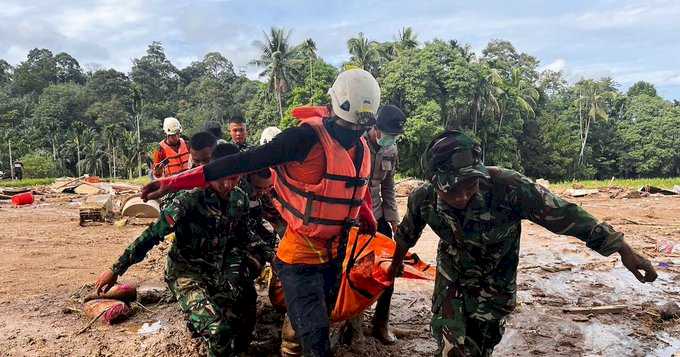
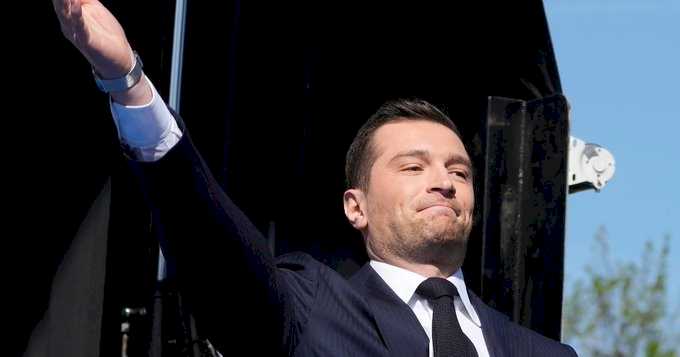

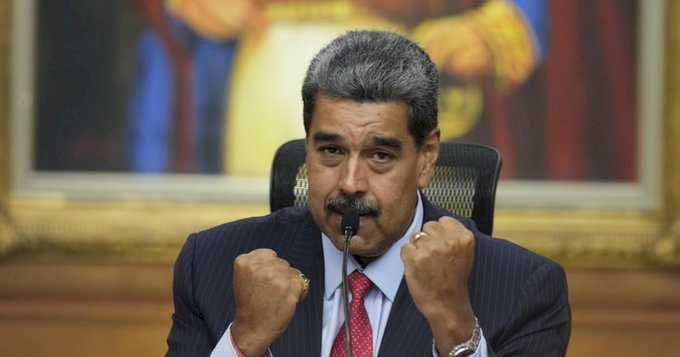
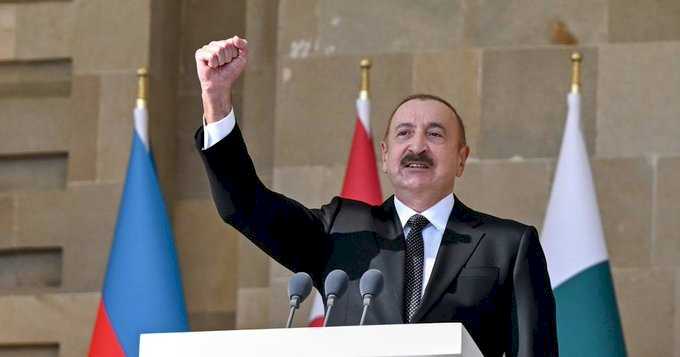
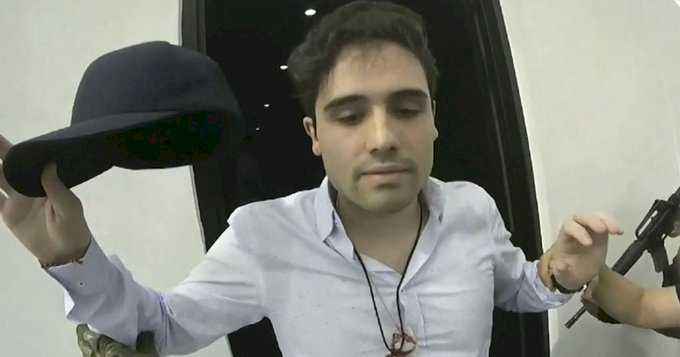
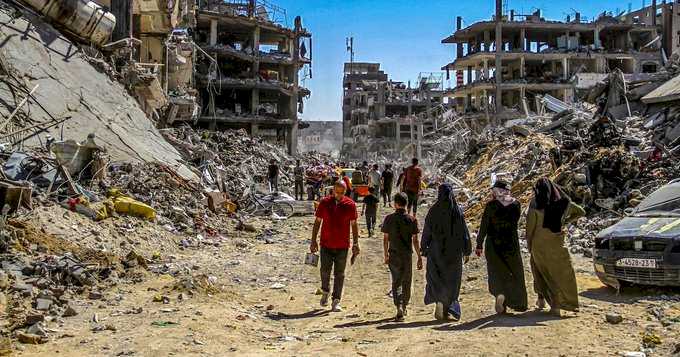
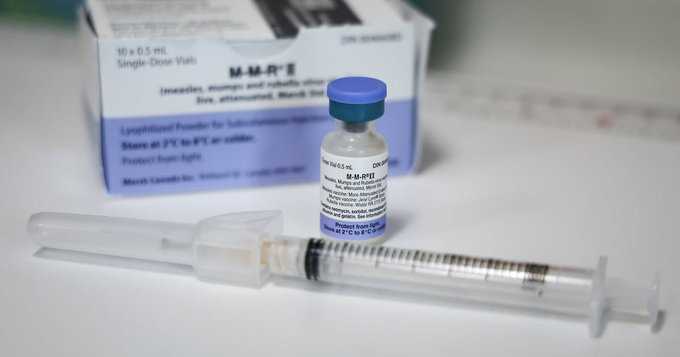
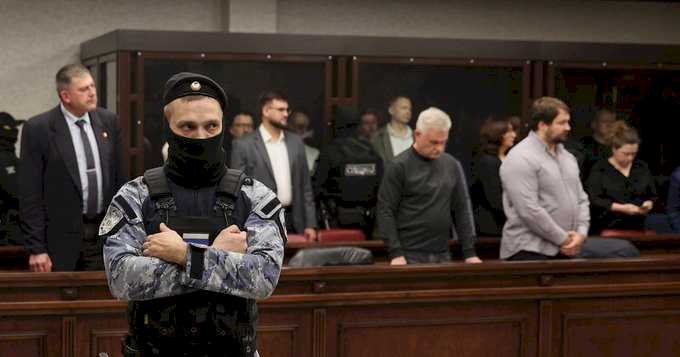

Global News on Umojja.com